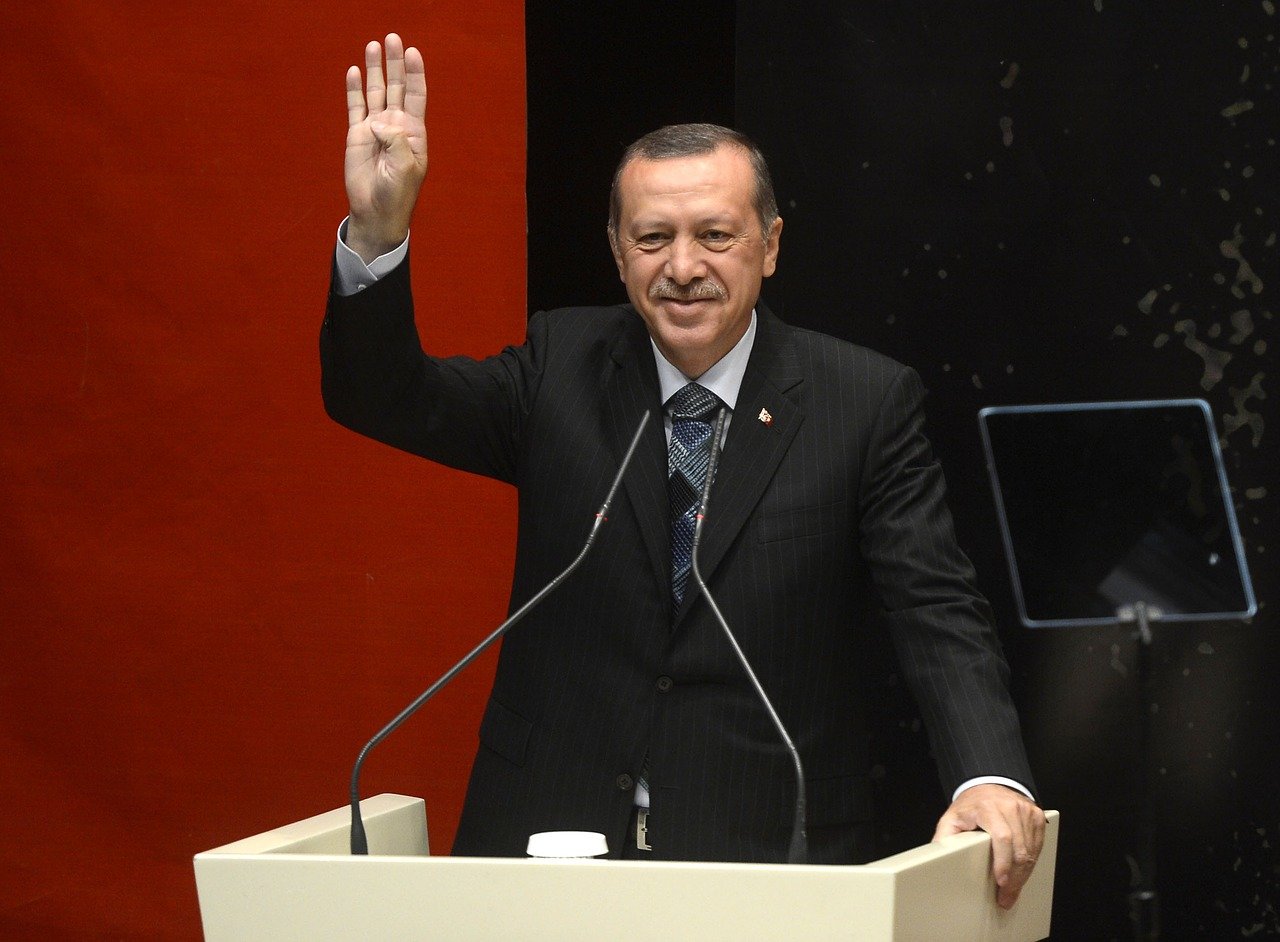
In a recent interview with Newsweek, Turkish President Recep Tayyip Erdogan asserted that Turkey sees no conflict of interest in working with both the Shanghai Cooperation Organisation (SCO) and BRICS. Erdogan’s remarks come at a time when Turkey is actively seeking to diversify its international alliances and deepen its engagement with emerging global powers.
Erdogan emphasised that Turkey’s strategic interests align with the goals and objectives of both the SCO and BRICS, and that the nation is committed to pursuing cooperative relationships that bolster economic growth, security, and political stability. “Our engagement with the SCO and BRICS is a reflection of Turkey’s multifaceted foreign policy,” Erdogan stated. “We believe that cooperation with these organisations complements our national interests and enhances our ability to contribute to regional and global stability.”
The SCO, which includes China, Russia, and several Central Asian countries, focuses on political, economic, and security-related cooperation. BRICS aims to promote economic development and collaboration among major emerging economies. Both organisations represent significant platforms for Turkey to expand its diplomatic and economic outreach.
Erdogan highlighted Turkey’s growing economic ties with BRICS nations. Trade with these countries has been increasing steadily, and Turkey views BRICS as an important forum for fostering economic cooperation and investment. Erdogan noted that Turkey’s robust trade relationships with China, India, and Russia are indicative of the mutual benefits derived from such engagements. “Our economic ties with BRICS countries have strengthened over the years, contributing to our economic resilience and providing new opportunities for Turkish businesses,” he said.
On the security front, Erdogan pointed out the strategic importance of the SCO. Turkey, which has been a dialogue partner of the SCO since 2012, values the organisation’s role in addressing regional security challenges, counter-terrorism efforts, and fostering stability in Central Asia. Erdogan asserted that Turkey’s participation in the SCO enhances its ability to contribute to collective security initiatives and facilitates collaboration on issues of mutual concern.
Addressing potential concerns about overlapping memberships, Erdogan argued that Turkey’s involvement in multiple international organisations is not only feasible but also advantageous. “Being part of NATO, the SCO, and engaging with BRICS allows us to play a more active role in international affairs,” he said. “It is not a matter of choosing one over the other, but rather leveraging the strengths of each platform to achieve our foreign policy objectives.”
Erdogan also dismissed the notion that Turkey’s engagement with the SCO and BRICS could create tensions with its traditional Western allies. He emphasised that Turkey remains committed to its alliances within NATO and other Western institutions, while simultaneously seeking to diversify its partnerships. “Our relationships with Western allies and our engagement with the SCO and BRICS are not mutually exclusive. They are part of our broader strategy to maintain a balanced and diversified foreign policy,” Erdogan explained.

